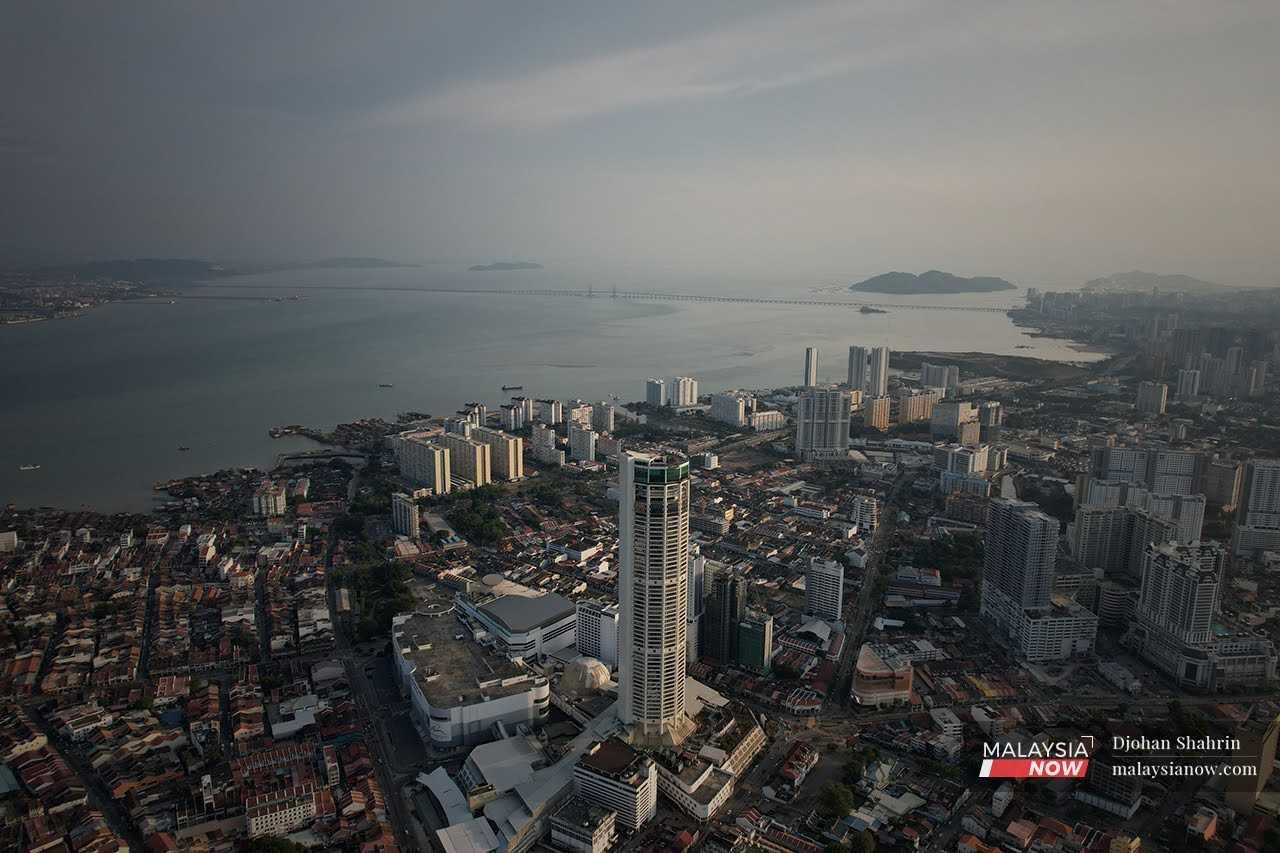Academics, experts look back on Penang-Kedah history
Views are traded ahead of the elections to be held in the two states.
Just In
Penang's status as a sovereign state became the subject of recent debate after Kedah Menteri Besar Muhammad Sanusi Md Nor openly said that the island belonged to his state.
Sanui's remark sparked a variety of reactions from the government bloc, including from Prime Minister Anwar Ibrahim who said in Parliament that Penang's status was guaranteed in the Federal Constitution through agreements inked between the British and the Malay rulers.
Speaking to MalaysiaNow, academic Ahmad Murad Merican said there were no documents that referred to an agreement between Francis Light and the sultan of Kedah in 1786.
"So on Aug 11, Francis Light occupied the island illegally. Was that situation used as the beginning of the narrative of Penang?" he added.
"This is a false narrative. The narrative of Penang has existed since the beginning."
Murad, who specialises in social and intellectual history at the International Institute of Islamic Thought and Civilisation, and who has written on the issue, also said that returning Penang to Kedah would require amendments to the Federal Constitution.
In his book "Batu Uban: Sejarah Awal Pulau Pinang", Murad had argued that the history of Penang and Kedah should be explained from a perspective that is neither Eurocentric nor overly inclined towards the British colonialists.
In "The Avatar of 1786" meanwhile, he criticised the "reproduction" of Penang under the British and wrote of a need to redeem the historical narrative of Penang and Kedah.
And in 2021, he criticised a statement from the Penang Heritage Trust that Siam, the former name for Thailand, had ownership of Penang.
A similar statement was made by politician Zaid Ibrahim, who said Kedah should be returned to Siam as a response to Sanusi's demands.
In 1956, Penang Umno which was then under Perikatan sent a memorandum to Kedah Umno for the agreement to be cancelled and Penang returned to the state.
Mohd Yusoff Latiff, the Umno Youth secretary at the time, was among those involved in the submission of the memorandum which came in the wake of calls by some for Penang to be separated from the peninsula.
"The movement for independence became a concern for the Penang International Chambers of Commerce, which represented the interests of the white people," Yusoff told MalaysiaNow.
"They made efforts to separate Penang from the mainland.
"The motion was brought to the Penang state legislative assembly but it was opposed by Umno representatives at the time."
According to Yusoff, the motion was defeated when the British representative chose to remain neutral.
Now, he added, Penang had become an independent state.
"Penang entered the federation after independence as a state. So don't bring it up anymore – we are now independent," he said, adding that Sanusi's statement appeared more of a political gimmick ahead of the state elections in Kedah and Penang.
Zaini Hassan, a former editor at Utusan Malaysia, said the issue had been ongoing for a long time, tracing it to a scientific discussion raised by the Kedah Historical Society.
"This debate will go on forever, like China's claim to the South China Sea.
"But in the case of Penang, the government paid a lease to Kedah even after the formation of Malaysia.
"If a lease is still being paid, then who does it belong to?" Zaini, who wrote a column on the issue in 2010, added.
Umno in 2017 had also called for Penang to be returned to Kedah.
In 2018, the Pakatan Harapan government under the leadership of Dr Mahathir Mohamad raised the lease value to RM10 million a year, to be paid by the federal government to the Kedah state administration.
The original value of the lease was 10,000 Spanish dollars, converted to RM10,000 a year.
Zaini told MalaysiaNow that Sanusi's claim to Penang contained political elements, adding however that there were also historical issues that should be reviewed.
Zaini, himself a native of Kedah, added that politicians should not keep flogging a dead horse in terms of Kedah's ownership of Penang.
"Facts are facts and history is history," he said, adding however that the debate on Penang's status was not aimed at challenging the constitution.
"It's to straighten the narrative," he said. "Throw out the false narrative and replace it with the real one."
Subscribe to our newsletter
To be updated with all the latest news and analyses daily.
Most Read
No articles found.
